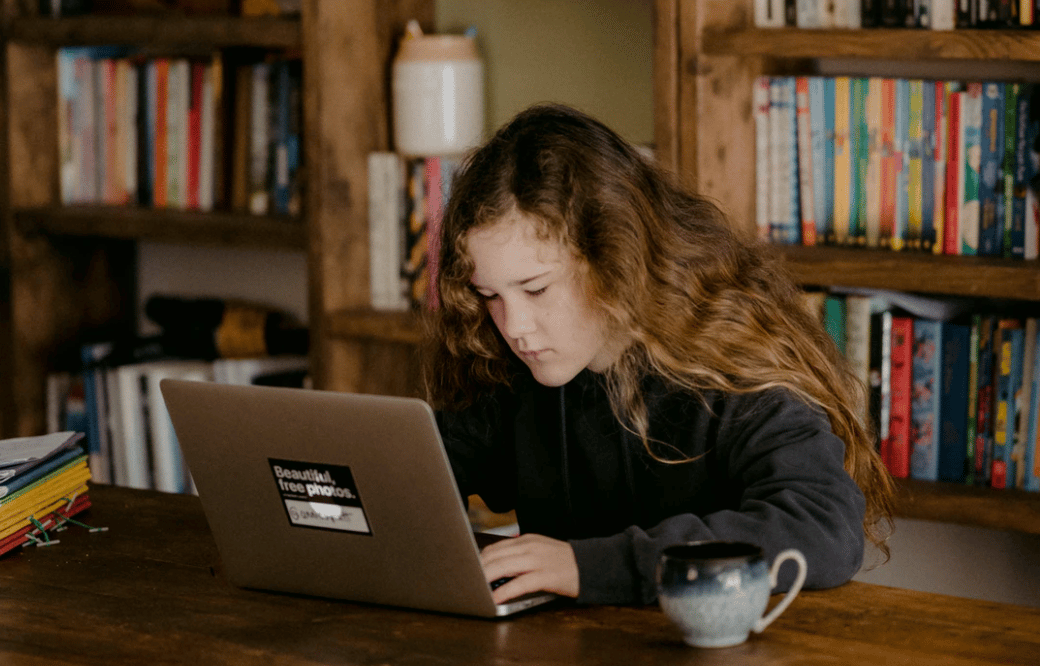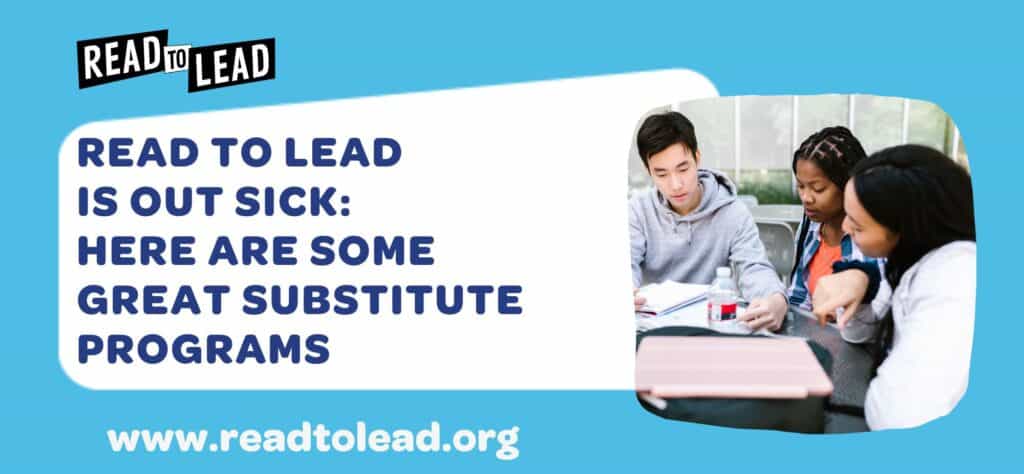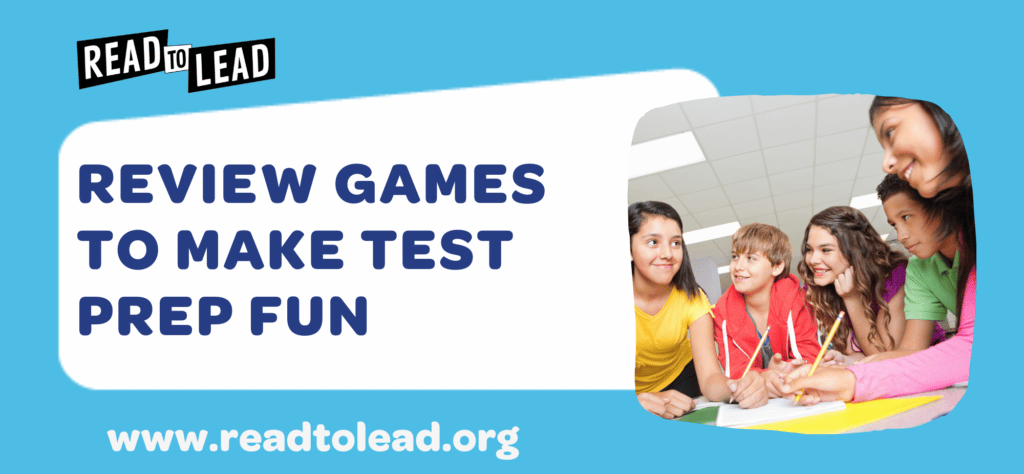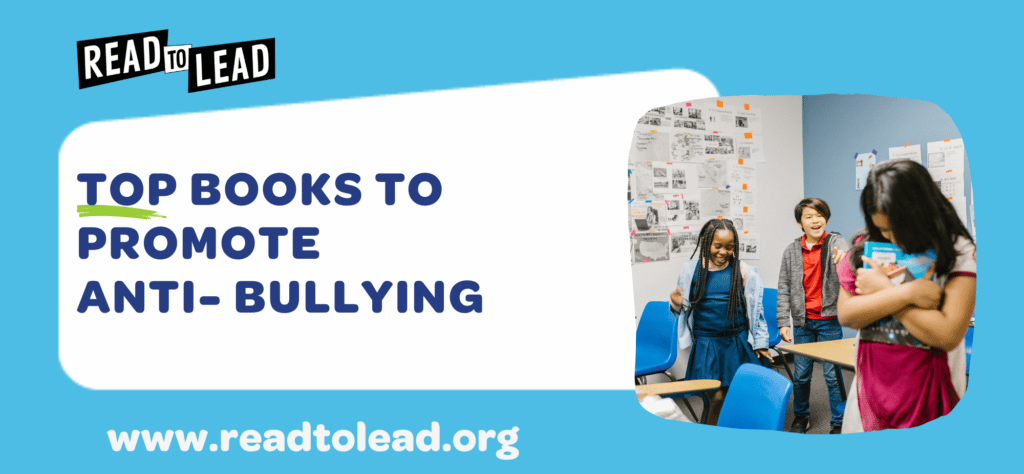
Over the last several years, social emotional learning (SEL) has become an increasingly popular topic as more schools, educators, and families have embraced the importance of teaching and nurturing the whole child. Schools are considering how they can move beyond their traditional role of focusing solely on academic development to teach their students important life skills.
As the Director of Research and Evaluation at Classroom, Inc., I spend a lot of time thinking about how our Read to Lead digital learning platform can empower middle school students to build their social emotional skills, in combination with their literacy and leadership skills. Using applied research methods, I strategize how Read to Lead games and lessons can help students to think critically, make responsible decisions, solve problems, and connect better with themselves and the people around them—skills that will ultimately help them succeed in life.
The Rise of Social Emotional Learning (SEL) in Education
The Collaborative for Academic, Social, and Emotional Learning (CASEL) defines social emotional learning as “the process through which all young people and adults acquire and apply the knowledge, skills, and attitudes to develop healthy identities, manage emotions and achieve personal and collective goals, feel and show empathy for others, establish and maintain supportive relationships, and make responsible caring decisions.”
SEL is the nomenclature many schools are using in academic curricula as they endeavor to teach the whole child. Educators are recognizing that SEL skills like social awareness, self awareness, self management, relationship skills, and responsible decision-making can help young people thrive at school and in the workplace. These skills also help students become good citizens and lead fulfilling lives.
As SEL becomes more commonplace, from school culture policies to classroom programs across the country, educators are finding that edtech tools like Read to Lead can contribute to helping their students meet their learning goals and develop their SEL skills. In one EdSurge research study, over 83% of educators surveyed believed that technology could help students develop their SEL skills. Many teachers also shared they were already using edtech tools to teach a variety of SEL skills and concepts.
Career Exposure: SEL and Read to Lead
Career exposure is a central component of how Read to Lead helps middle school students build their SEL skills and make connections between their current selves and a future beyond high school and college. We want young people, wherever they come from, to not only envision a world where they can pursue the career of their choice and realize their fullest potential, but also understand their pathways to success
In our Read to Lead learning games, being “the boss” gives students a level of agency they don’t normally have, especially in middle school. They become immersed in a workplace scenario where they are leading a team and there are repercussions, both good and bad. What’s key is that they get the chance to operate in an environment where it’s safe to fail, where they can make the wrong decision and can reflect on the outcomes of their decisions.
In the words of an 8th grade Read to Lead student, participating in the program “helps you learn and experience how to work and be a boss. Some of the characters have attitudes, and they help you act like a good boss and be civil instead of acting like a kid. It’s teaching you how to live not as a kid.”
Students’ exposure to Read to Lead career worlds has already proven to have a positive impact on SEL skill development. In 2018-2019, more than 80% of students who played Read to Lead games expressed confidence in decision-making, problem-solving, critical thinking, self direction and initiative, and leadership and collaboration. These promising results, in combination with the heightened need of SEL programming as a result of the pandemic, have encouraged us to more explicitly advance how we measure and support SEL skills through our learning games.
I am looking forward to sharing more about how our partnership with the Digital Promise Learner Variability Project will accelerate this important work in the coming months – stay tuned!
Sign up for Read to Lead and bring career exposure, SEL and literacy skills, and more to your classroom!

Juliana Hess
Director of Research and Evaluation
As the Director of Research & Evaluation, Juliana Hess brings a unique background that combines strategic planning, research, design thinking, and relationship management. Her work at Classroom, Inc. focuses on using applied research methods to amplify the impact of Read to Lead and inform the design of new product creation. She is passionate about learning sciences research, and over the course of her career, she’s led large-scale education projects in NYC and internationally. She holds an MA from Teachers College, Columbia University and a BA with honors from the University of Kansas.
About Read to Lead
Read to Lead uses the power of game-based learning to empower middle school students to build literacy, life, and career skills. Teachers can sign up for a free account to get started!


